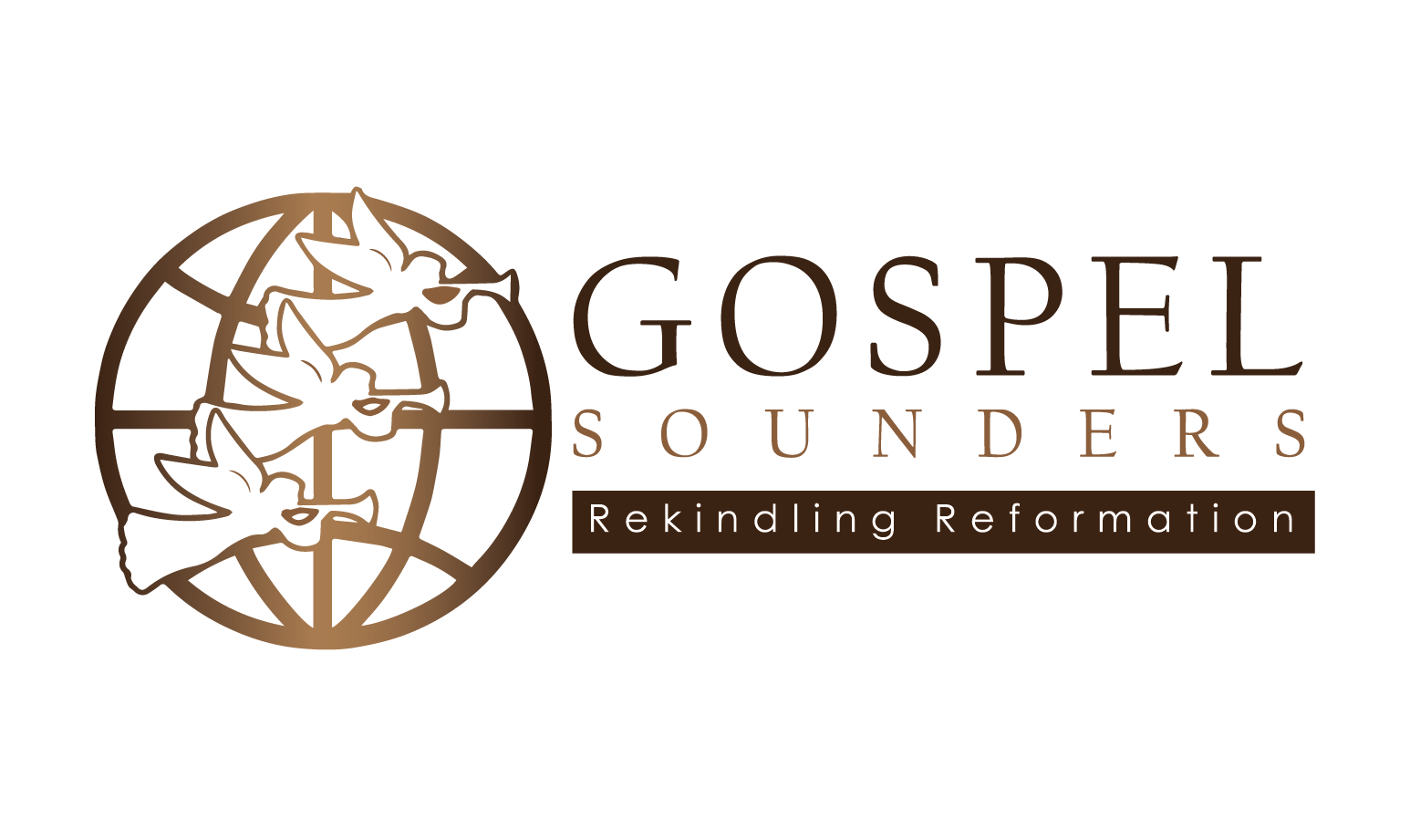3 – A Question of Sonship
From Brendan book “The Heavenly Trio: Ellen White’s Picture of God” Compilation of EGW on the Father & His Son:
Ellen White believed that “[the] Ancient of Days is God the Father” (GC 479) and that he is the “Sovereign of the universe” (PP 34). She believed that the Father is the “great Source of all” (DA 21), which must include Christ, for she believed that “God is the Father of Christ” (8T 268). When speaking quantitatively, she professed the belief that “the glory of the Father” was “the fullness of the Godhead” (COL 115). To Ellen White, Christ was God qualitatively, but not quantitatively, and she stated that “[the] Lord Jesus Christ, the only begotten Son of the Father, is truly God in infinity, but not in personality” (UL 367).
She believed that “Christ and God are two distinct personages” (RH June 1, 1905). She believed that the “Father [is] a person and [has] a form like” Jesus, who told her “I am the express image of My Father’s person.” (EW 77). She believed that the “God and Christ” “are one in purpose, in mind, in character, but not in person” (MH 422). She believed that “Christ is the Son of God” (8T 268). For Ellen White, Christ was “not a son by creation, as were the angels, nor a son by adoption, as is the forgiven sinner, but a Son begotten in the express image of the Father’s person, and in all the brightness of his majesty and glory, one equal with God in authority, dignity, and divine perfection” (ST May 30, 1895). Ellen White believed that Christ was a Son before the incarnation, where “He gained in a new sense the title of the Son of God” (ST August 2, 1905). Regarding the first sense, she believed that “[the] Eternal Father, the unchangeable one, gave his only begotten Son, tore from his bosom Him who was made in the express image of his person” (RH July 9, 1895).
Ellen White believed that Christ was the Wisdom of God speaking in Proverbs 8:22-31 (PP 34; RH April 5, 1906; ST February 22, 1899; ST August 29, 1900; ) and connected this with John chapter one. She believed Christ was “the Word of God,–God’s thought made audible” (DA 19). Ellen White did not attempt to go beyond what was revealed by asking when Christ was born, but believed “His divine life could not be reckoned by human computation” and that “[the] existence of Christ before His incarnation is not measured by figures” (ST May 3, 1899). From the moment He was begotten “in the dateless ages” “there never was a time when He was not in close fellowship with the eternal God” (ST August 29, 1900). Ellen White believed that “Christ the Word, the only begotten of God, was one with the eternal Father,—one in nature, in character, and in purpose,—the only being in all the universe that could enter into all the counsels and purposes of God” (GC 493). She applied Zechariah 6:12-13 to God and Christ saying that in this passage “are made plain” “[the] relation between the Father and Son, and the personality of both” (8T 269). Ellen White believed that “[to] Christ has been given an exalted position. He has been made equal with the Father. All the counsels of God are opened to His Son” (8T 268). She believed that “[all] things Christ received from God, but He took to give” (DA 21). For Ellen White, Christ “and the Father were of one substance” – Divinity – “possessing the same attributes” (ST November 27, 1893).
Ellen White believed the Father and Son “are not completely identical, but two in individuality, yet one in Spirit, heart and character” (YI, Dec.16, 1897). She also believed “by the Spirit, the Father and Son, make their abode with you” (BE, Jan.15, 1893). While in the highest sense Ellen White maintained that “The great Jehovah” was God the Father (2SP 396), she also believed that “Jehovah is the name given to Christ” (ST May 3, 1899). Christ could claim most of the names and titles of God the Father because “Christ is the wisdom of God. He is the great “I AM” to the world” (ST December 12, 1895). This is because Ellen White believed that “[all] communication from heaven to earth since Adam’s fall has come through Christ” (GCDB Februrary 4, 1893). Ellen White believed that Christ also has the same self-perpetuating life that the Father has, “life original, unborrowed, underived” (DA 530) meaning that He is a “fountain of life” (Lt 309, 1905). Ellen White believed that “[the] Father and the Son alone are to be exalted (YI July 7, 1898). In plain language the Saviour taught the world that the tenderness, the compassion, and love that he manifested toward man, WERE THE VERY ATTRIBUTES OF HIS FATHERS IN HEAVEN. Whatever doctrine of grace he presented, whatever promise of joy, whatever deed of love, whatever divine attraction he exhibited, HAD ITS SOURCE IN THE FATHER OF ALL. IN THE PERSON OF CHRIST WE BEHOLD THE ETERNAL GOD engaged in an enterprise of boundless mercy toward fallen man. Christ clothed his divinity with humanity, that his humanity might touch humanity, and divinity reach divinity. {ST August 20, 1894, par. 8}
For more information click on the link below to read the full article
